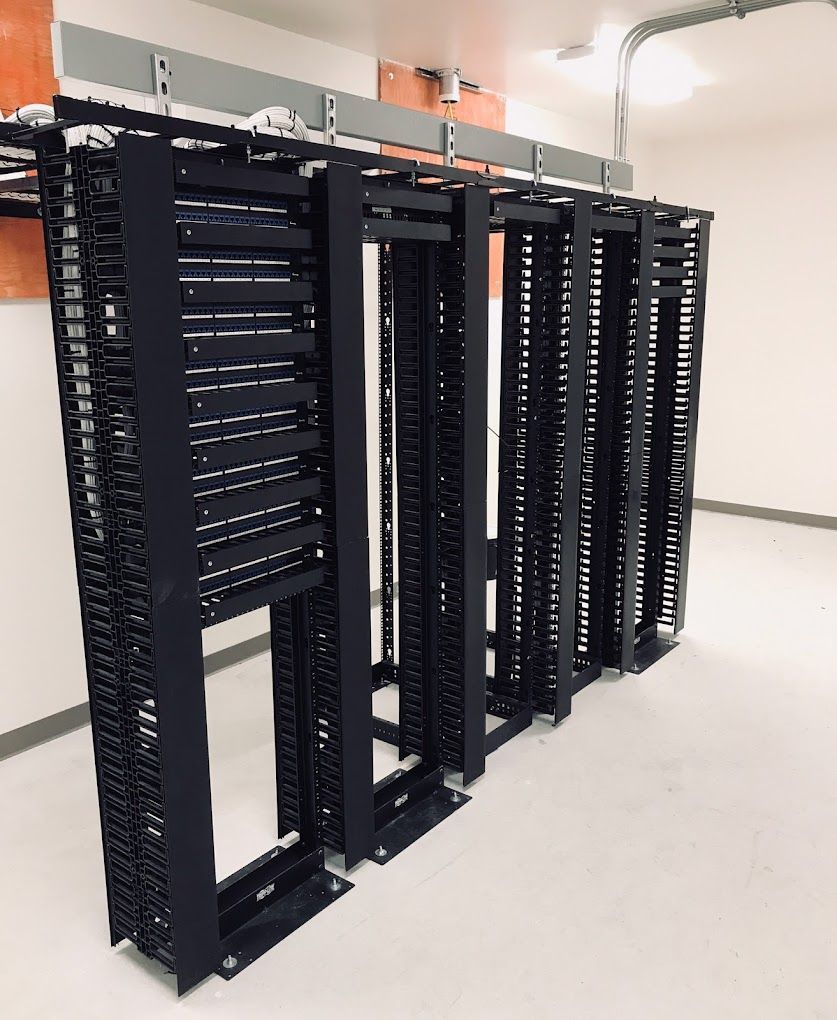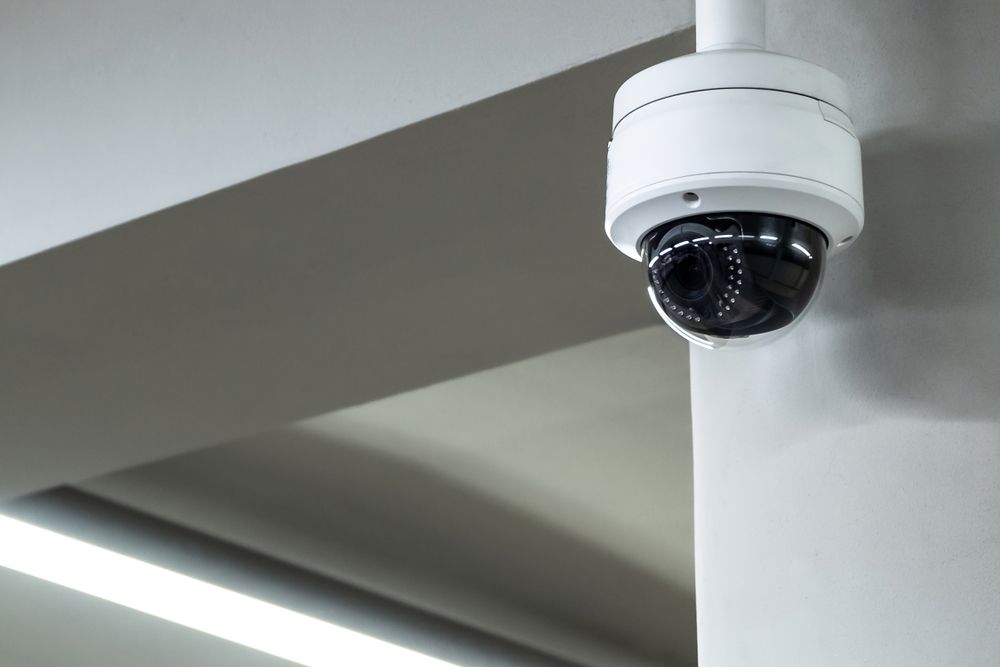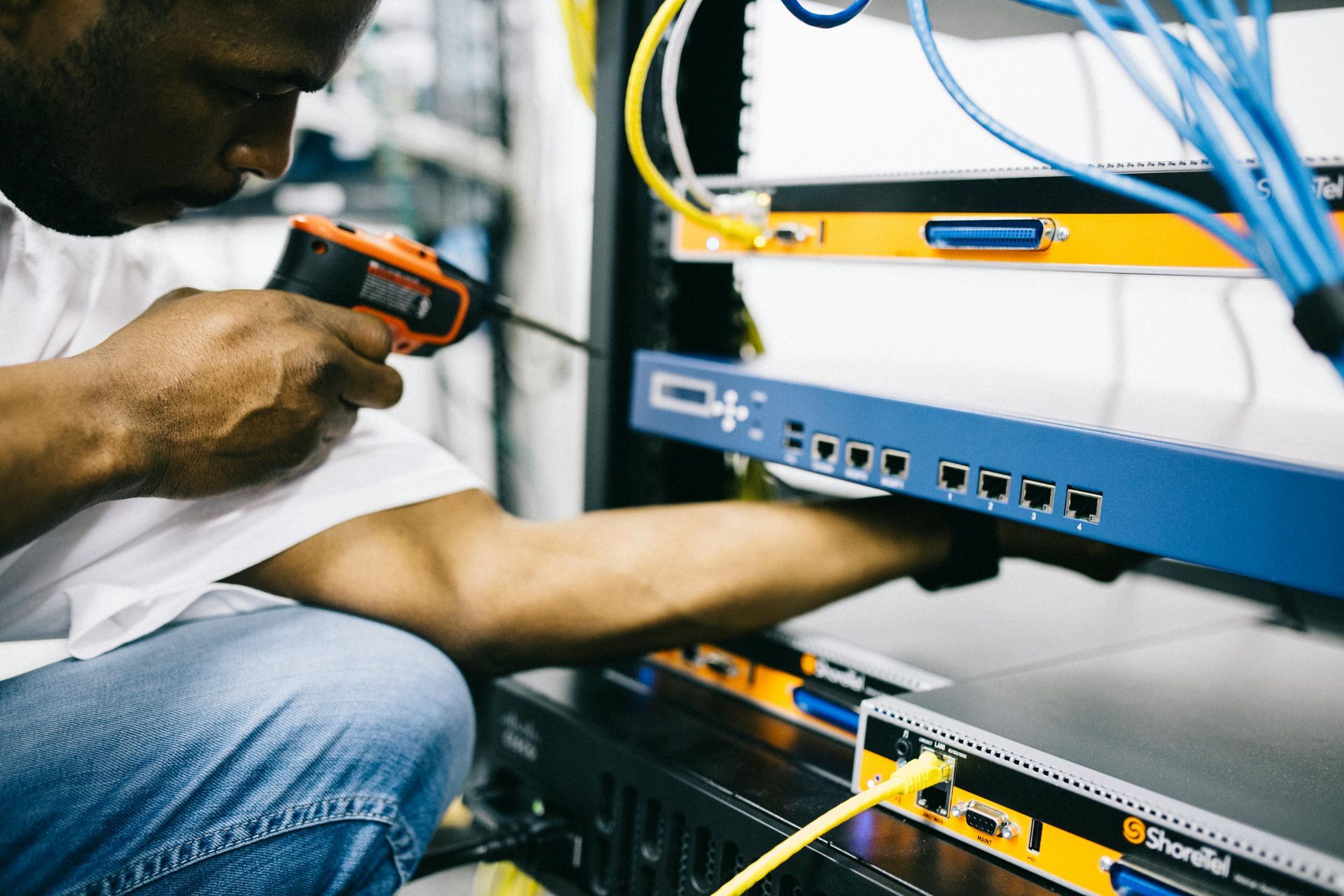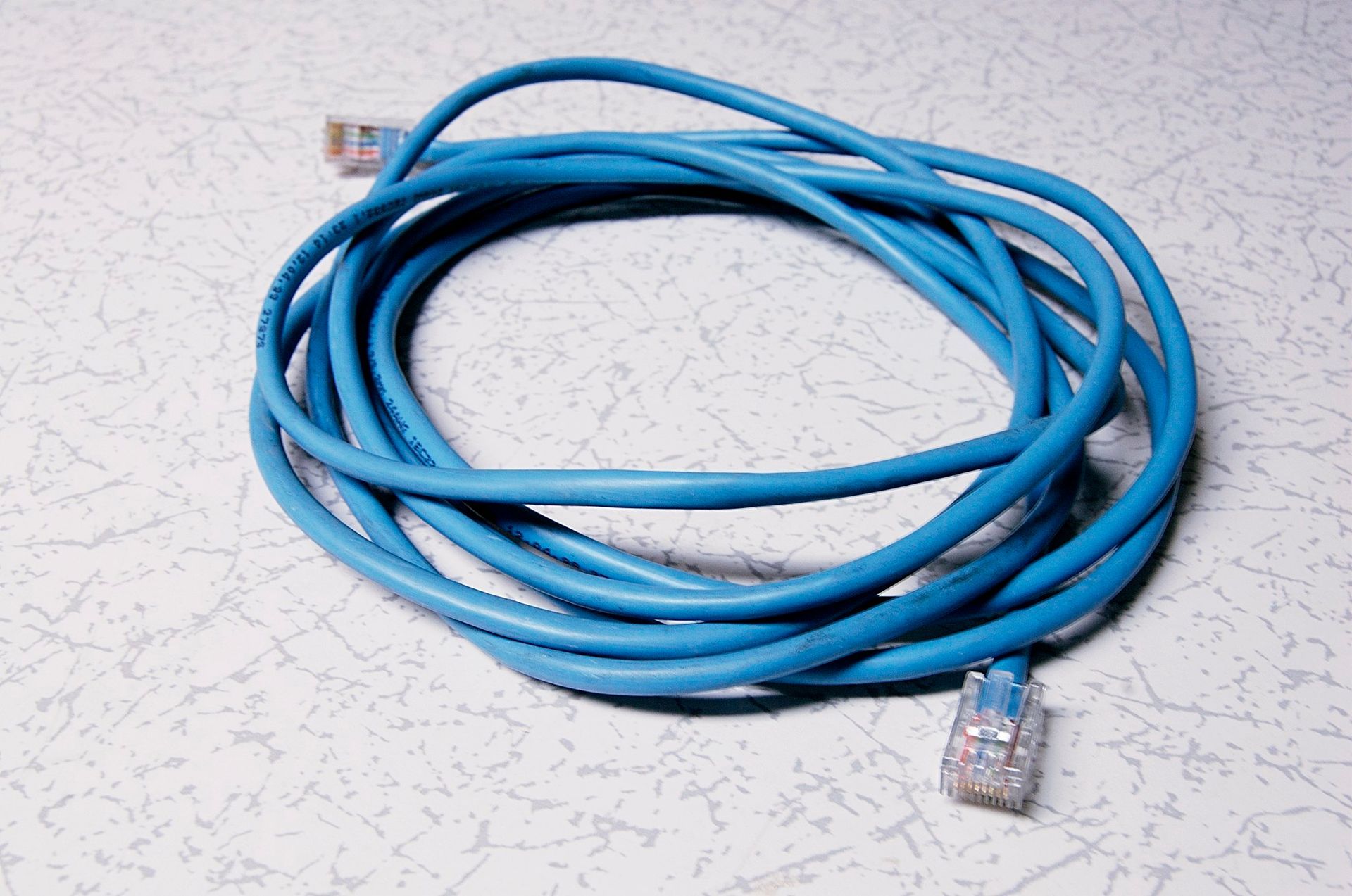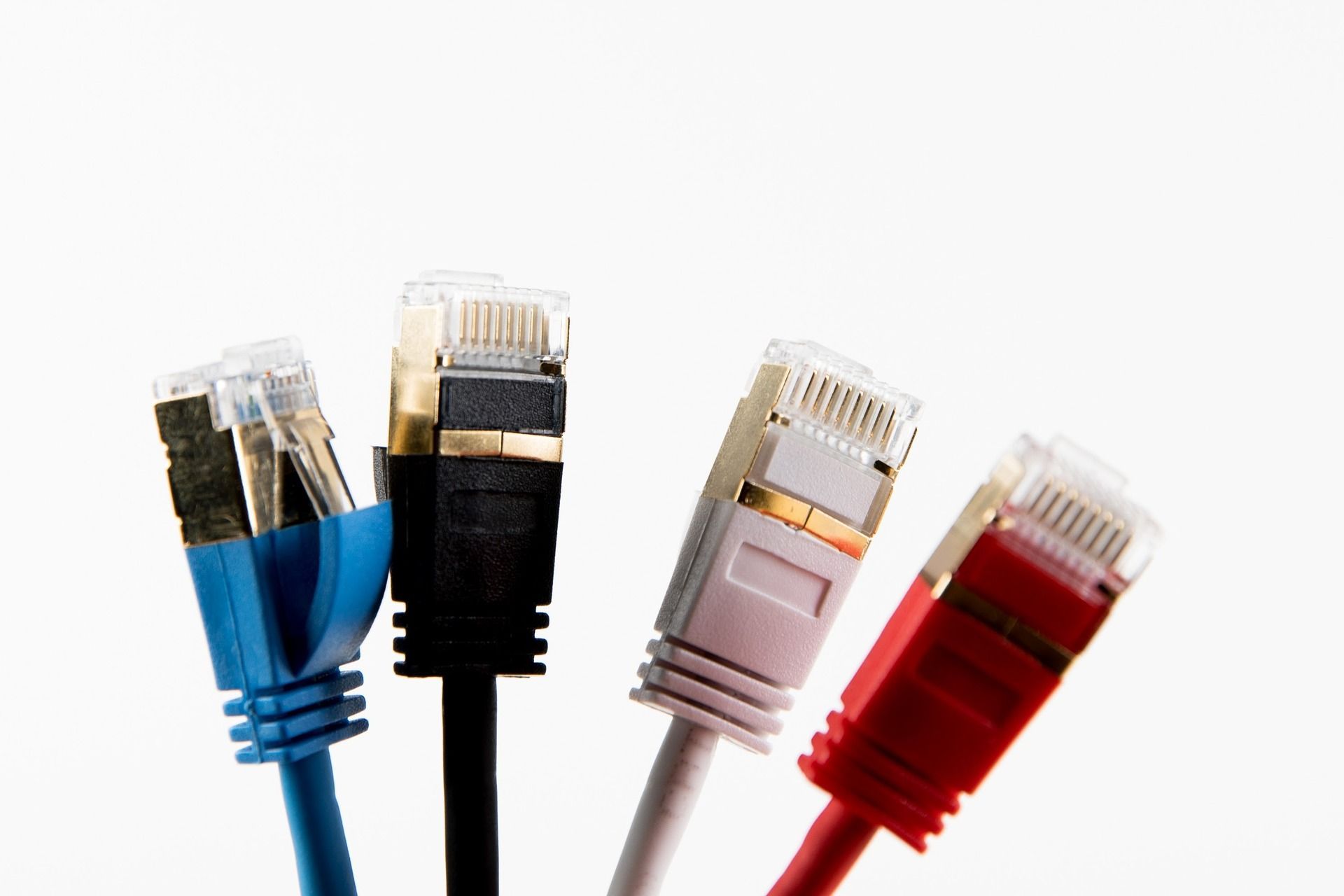Exhausted IP Addresses: Navigating the Looming Crisis
Exhausted IP Addresses: Navigating the Looming Crisis

The internet has grown exponentially since its inception, leading to an increasing demand for IP addresses. This blog explores the challenges posed by the exhaustion of IPv4 addresses, the transition to IPv6, and the implications for global connectivity.
Understanding IP Address Exhaustion
IP addresses are unique identifiers required for each device connected to the internet. IPv4, the first addressing architecture, has approximately 4.3 billion addresses, a number once thought to be more than sufficient. However, with the proliferation of internet-connected devices, from smartphones to smart home technologies, IPv4 addresses are running out.
The shortage of IPv4 addresses has several immediate consequences, including increased costs for remaining IPv4 addresses and a potential slowdown in new device connectivity. This scarcity hampers the growth of the internet, particularly impacting startups and smaller organizations that cannot compete for resources with larger enterprises.
The Shift to IPv6
IPv6 was developed to address this limitation, offering a vastly larger pool of addresses (over 340 undecillion addresses). This ensures that we won’t face a similar shortage anytime soon. However, the transition to IPv6 has been slow, primarily due to the cost and effort required to upgrade existing infrastructure and systems.
Implications and Future Outlook
The exhaustion of IPv4 addresses and the transition to IPv6 are critical issues that affect everyone on the internet. For businesses, the shift means ensuring their websites and services are accessible via both IPv4 and IPv6 to reach all users. For consumers, it means potentially slower connections and compatibility issues as the world adjusts to the new internet standard.
In the long term, the full adoption of IPv6 is inevitable and beneficial, as it supports the continued expansion of the internet and the development of new, innovative online services. Governments and organizations worldwide are now working on policies and strategies to facilitate this transition more smoothly and affordably.
Conclusion
IP address exhaustion is a pressing issue that necessitates immediate and sustained attention. By advancing the adoption of IPv6, we can ensure a robust and expansive future for the internet. As stakeholders in the digital age, it’s essential for us to understand these dynamics and prepare for the changes they bring.
The Depletion of IP Addresses: Tackling the Digital Dilemma
As the internet continues to expand, the demand for IP addresses has surged, leading to a significant depletion of available IPv4 addresses. This blog discusses the implications of this depletion and the gradual adoption of IPv6 to mitigate the challenges.
Overview of IP Address Depletion
Every device connected to the internet requires a unique IP address. The IPv4 system, which provides about 4.3 billion unique addresses, is nearing its limit due to the rapid increase in internet-connected devices. This depletion poses challenges such as higher costs for acquiring IPv4 addresses and delays in connecting new devices, which could stifle internet growth, especially affecting smaller companies and new ventures.
Transitioning to IPv6
To combat this shortage, IPv6 offers a seemingly limitless number of addresses, ensuring that we won't face this issue again in the foreseeable future. Despite this solution, transitioning to IPv6 involves updating infrastructure, which is costly and time-consuming, slowing down the adoption rate.
Consequences and Moving Forward
The scarcity of IPv4 addresses impacts all internet users, leading to potential connection delays and issues with device compatibility during the transition period. For businesses, it's crucial to support both IPv4 and IPv6 during this transition to maintain service accessibility.
Looking ahead, the widespread implementation of IPv6 will promote continuous internet growth and innovation. Efforts from various global entities are focused on promoting and facilitating this transition effectively.
Wrapping Up
The exhaustion of IPv4 addresses is a pivotal challenge that affects the entire digital ecosystem. Moving forward with IPv6 adoption is essential for sustaining the internet's growth and ensuring that new technologies can connect seamlessly. Understanding and preparing for these changes is vital as we navigate this crucial phase in digital evolution.

